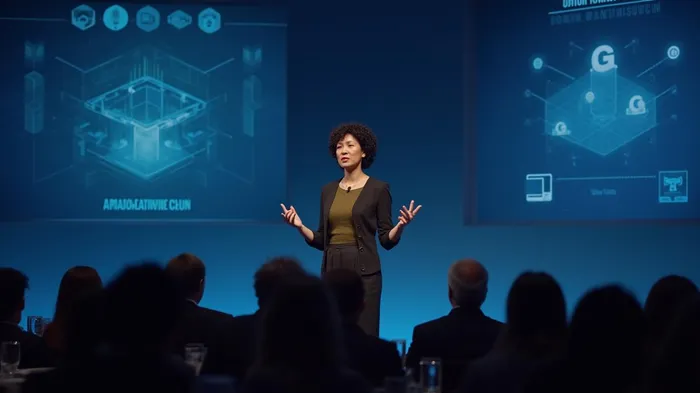Clara Tsao Advocates Blockchain for Trusted Internet
Clara Tsao, a prominent figure in the tech industry, has been at the forefront of efforts to build an open and trusted internet. Her journey spans various roles, including serving as the CTO of a team focused on countering homegrown extremism and co-founding the Trust & Safety Professional Association. Tsao's current role as a Founding Officer at the Filecoin Foundation underscores her commitment to leveraging blockchain technology to ensure digital authenticity and combat misinformation.
Tsao's work is particularly relevant in the context of AI, which she acknowledges is both a boon and a bane. AI has the potential to turbocharge various aspects of digital life, but it also complicates the mission of creating an open and trusted internet. One of the biggest challenges is distinguishing between AI-generated content and human-created information. This issue is exacerbated by the ease with which AI can generate convincing fakes, making it difficult to verify the authenticity of digital content.
Tsao highlights the importance of proving the source of information, especially in the context of foreign influence operations. She cites an example from 2016 when FacebookMETA-- took down media channels linked to the Internet Research Agency, a group known for pushing propaganda during elections. This incident underscores the need for technologies that can verify the authenticity of digital content and prevent the spread of misinformation.
Blockchain technology, particularly decentralized storage solutions like Filecoin, offers a promising solution to these challenges. By storing data by hash rather than location, decentralized technologies can track changes to data over time. This ensures that data remains tamper-proof and resilient, making it a valuable tool for preserving critical information. Filecoin has collaborated with various nonprofits, such as MuckRock, to archive and preserve information, ensuring it remains accessible and verifiable.
Tsao emphasizes the practical applications of decentralized technologies in journalism and legal contexts. For instance, journalists can use these technologies to verify the authenticity of photographs, making their work admissible in courts. This is particularly relevant in conflict zones like Ukraine, where war photos can be taken out of context. By preserving key photographs, decentralized technologies can support international criminal courts in human rights situations.
Looking ahead, Tsao envisions Filecoin playing a crucial role in verifying interactions between humans and AI, storing data affordably, and ensuring data accuracy. She believes that by making data storageDTST-- accessible and affordable, Filecoin can democratize access to information and prevent monopolies from controlling data. This aligns with her broader vision of bringing more democracy to the web, ensuring that everyone has the fundamental human right to access an open network.

Quickly understand the history and background of various well-known coins
Latest Articles
Stay ahead of the market.
Get curated U.S. market news, insights and key dates delivered to your inbox.



Comments
No comments yet